Most leaders don’t know who they are. As leadership consultants Jeremie Kubicek and Steve Cockram explain, lack of self-awareness is a predominant leadership flaw. They offer valuable guidance on how leaders can develop the self-knowledge they need to act with competence and confidence. They advise building your understanding of yourself and sharpening your perception of how others see you so you can become a “100X leader” who leads like a Himalayan Sherpa – always putting others first, even when navigating treacherous Mount Everest.
Leaders must take the foreground like intrepid Sherpa mountain guides.
Mount Everest is the tallest mountain in the world, reaching 29,029 feet [about 8,850 meters]. The Sherpa – physically, mentally and spiritually rigorous Himalayan guides who take climbers up Mount Everest – revere it as the “Mother of the World.” Most climbers can’t manage Mount Everest without a Sherpa’s assistance. Even with the aid of a Sherpa team, many climbers don’t make it to the summit. Mount Everest is so dangerous that the top 3,000 feet are known as the death zone. Having the right Sherpa makes all the difference.
Adventurers climb Mount Everest for the joy of the accomplishment, but Sherpa climb for work. Their job is to guide foreign climbers in managing the dangerous ascent successfully.
The Sherpa provide an ideal metaphor for superior, selfless leaders who dedicate themselves to the people they lead. Everyone wants to work for these “100X leaders.” They know how to meet the challenges summed up in the three rules of mountaineering: “It’s always farther than it looks. It’s always ...
Jeremie Kubicek and Steve Cockram co-founded Giant and Giant Worldwide. As CEO, Kubicek oversees licensing and the Giant.tv digital platform. Cockram is a speaker, consultant and an expert on personality, emotional intelligence and interpersonal communication. He works with Giant’s consultants.










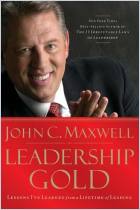
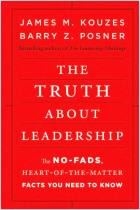
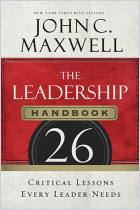

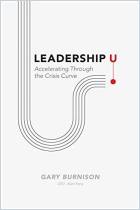
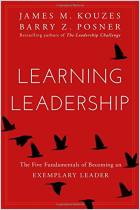





Comment on this summary or Démarrer une discussion
Easy, though beneficial read with practical questions I can ask myself about my own self-leadership. Is my own advice to myself sound and consistently executed? If not, why would others be compelled to follow me?